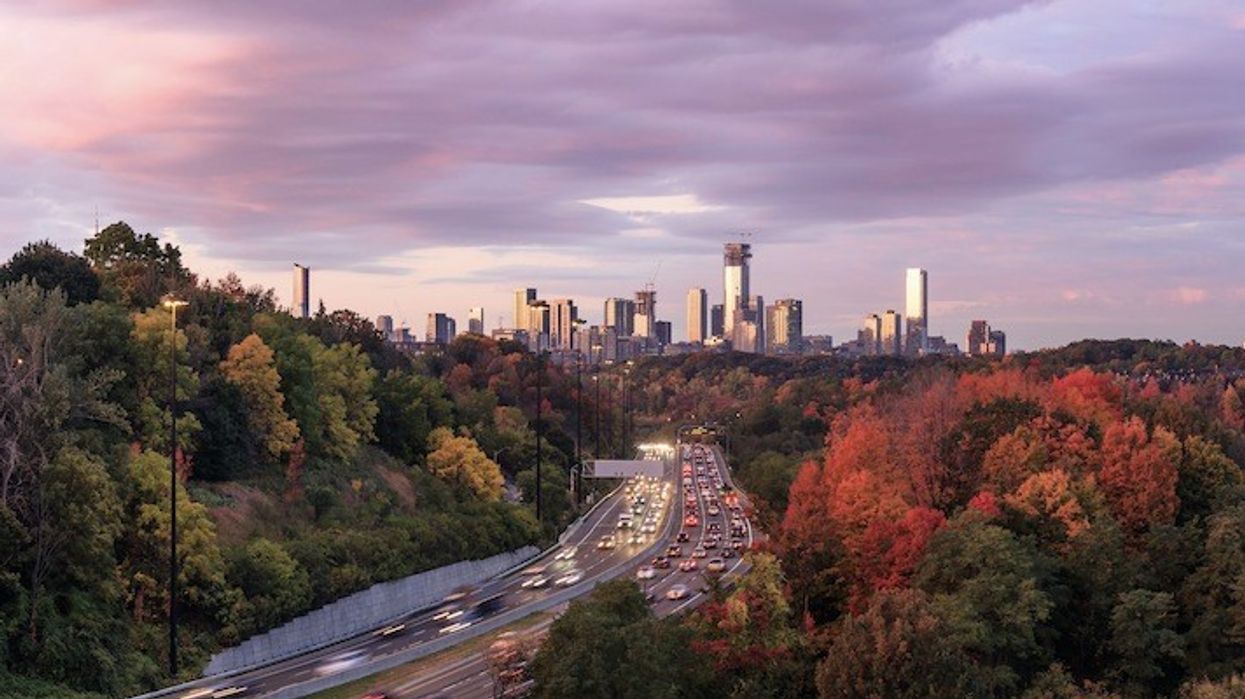The City of Toronto is looking to improve the lives of drivers by installing hundreds of "smart" traffic signals that will help cut down on congestion.
On Thursday, Mayor John Tory launched MoveTO, a new action plan to "help manage congestion and build a more resilient, modern, and safe transportation system."
According to the City, the plan proposes five key measures that will help make the city’s transportation system more resilient, in response to the effects of COVID-19 on Toronto’s overall transportation network. And while the pandemic has cut traffic down, the City says it needs to address these changes now.
READ: Over 15,000 Tickets Issued By Toronto Speed Enforcement Cameras in Second Month
The City says the total cost to implement MoveTO is estimated at approximately $111.2 million and will span five years from 2021 to 2025.
As part of the plan, the City is looking to install 500 smart traffic signals at intersections across Toronto that will automatically adjust signal timing based on actual traffic demand. The City is proposing to install the cameras over the next five years.
The other key measures include:
“MoveTO will keep Toronto moving now and into the future. This plan will help the city better manage traffic congestion in Toronto and deploy smart, common sense approaches that will help pedestrians, cyclists, transit riders, and drivers," said Mayor John Tory.
"We are implementing this plan as fast as possible to make sure we have a modern and safe transportation system that responds and adapts to traffic in real time. These are realistic solutions that I know will make life better for everyone as they move around our city whether they are walking, cycling, riding transit, or driving.”
According to the City, the implementation of the five measures aim to reduce travel times and improve travel reliability for vehicles, improve safety and optimize movement for pedestrians and cyclists at intersections, improve transit operations, coordinate construction activities to minimize impacts to the transportation network and improve safety, and help employers to reduce travel demand and greenhouse gas emissions.
The plan will be considered at the Infrastructure and Environment Committee meeting on Thursday, November 5. If approved, the measures can launch as early as next year.





















